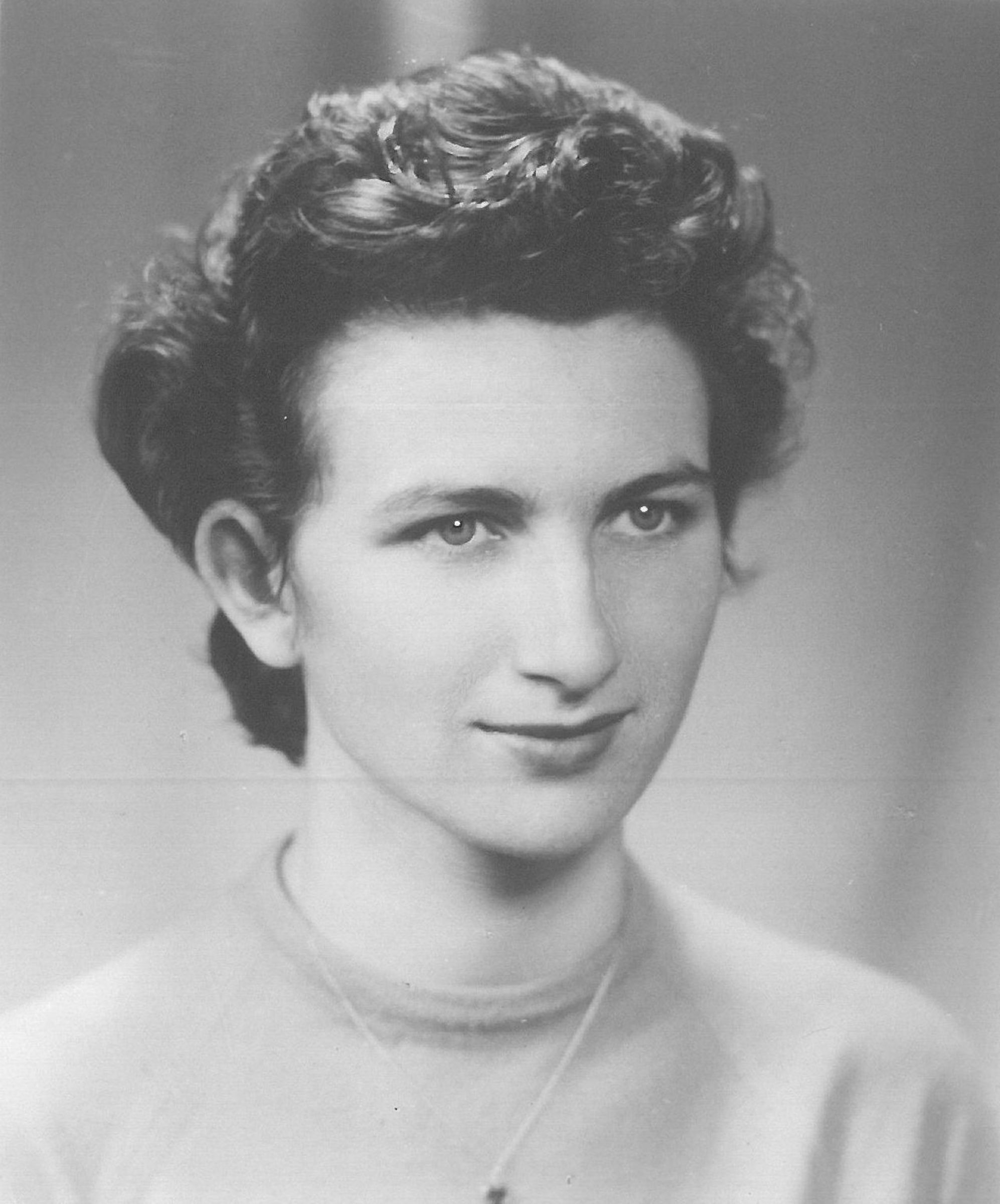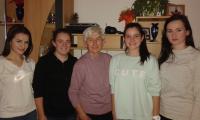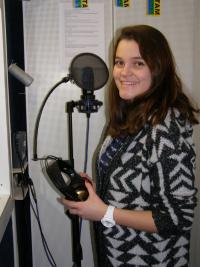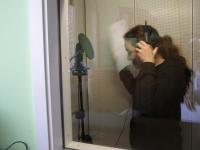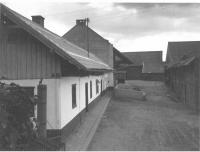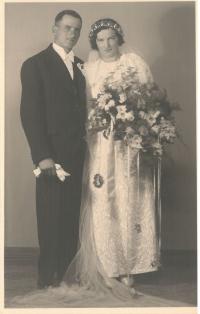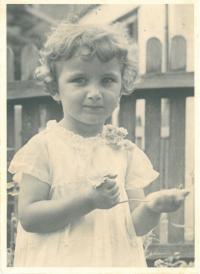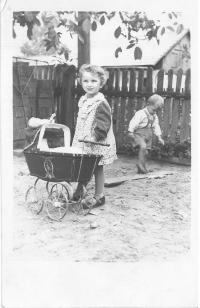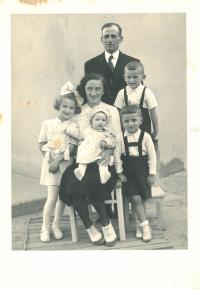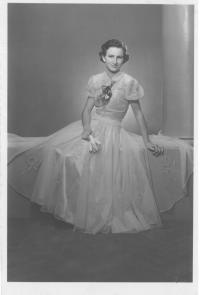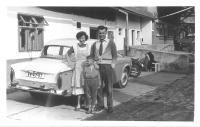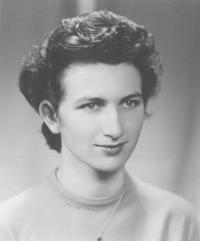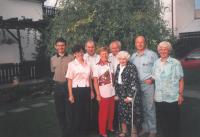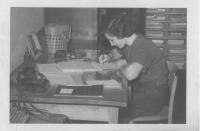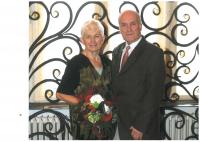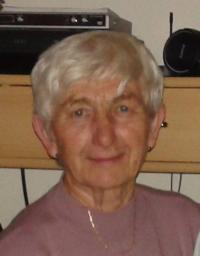Farm work whipped you into shape, made you healthy
Věra Kafková, née Šťastná, was born on 1 March 1937 in Žerčice, into a medium-sized farm with twelve hectares of land. Her parents grudgingly joined the local agricultural cooperative following the 1948 Communist coup; in 1954 they left the co-op, but rejoined it again six years later. Věra studied a two-year economy course and then worked at the railway school in Nymburk. In 1959 she married and moved to Pardubice, where she worked at the train depot. She has two children. When her maternity leave ended she found a job at the post office as a postlady, which she did for twenty-five years.
